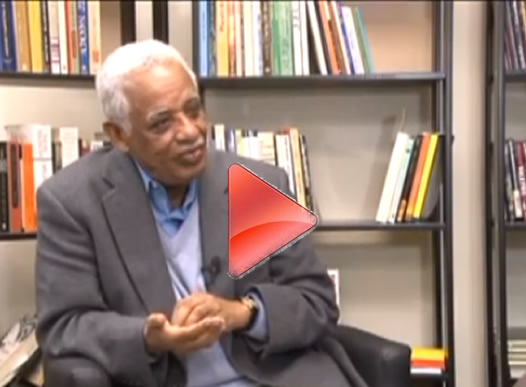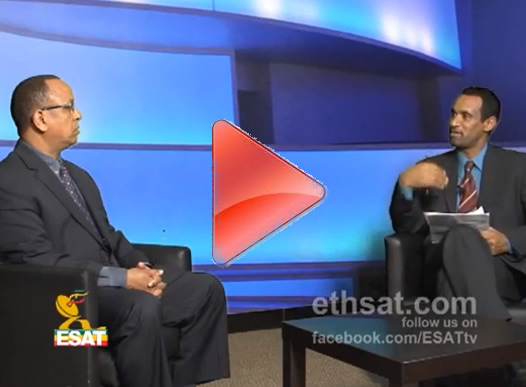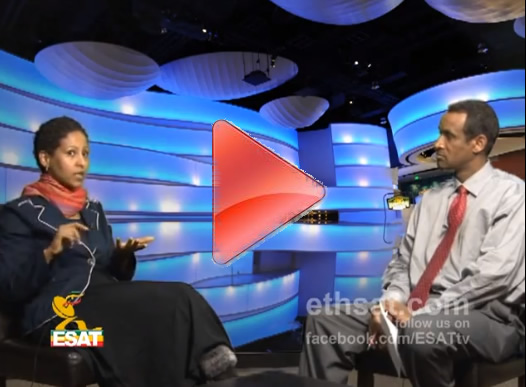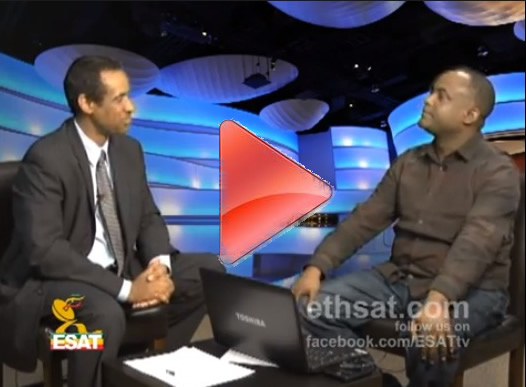Epistemology, Knowledge and Rational Belief:
A Study By Matthew Ryan
Takeaways
What is epistemology?
What is rational belief?
The increased flexibility of rational belief.
Epistemology. The word brings shudders to one and all alike. OK, maybe it doesn’t. But perhaps it should.
Epistemology is the study of knowledge. In other words, it tries to answer the question of how do you know that you know. Perhaps one of the first serious attempts to answer this question was made by Plato in his famous dialogue, The Theaetetus. In this work, Plato examines several possible definitions of knowledge ranging from “knowledge is perception” to “knowledge is true belief with a sufficient account.” Although the last of these is generally regarded as the closest to the truth, it, as well each of the others, is shown to be inadequate (“knowledge is true belief with a sufficient account” fails because it never specifies what constitutes a sufficient account). Ultimately, Plato leaves the question unanswered, and it has plagued philosophy ever since. Back in my college days, I had a philosophy professor who proposed the following definition: knowledge is the unthinkability of error. In other words, knowledge is true belief with an account such that error is unthinkable. For example, I know when I am in pain. I cannot be mistaken about that.
Some may reply that this is too strong an account of knowledge: it leaves out many different fields of study, often believed to contain “knowledge.” More specifically, what are we to say regarding the physical sciences? Do they constitute knowledge or not? My answer is no, they do not. But I will hasten to add (and I believe my former philosophy professor would, too) that they do not constitute mere opinion either. They are something in between. The term my philosophy professor used for stuff in between knowledge and opinion is “rational belief.” As soon as I heard that expression, I liked it. It validates the philosophers’ point regarding knowledge and the difficulties such entails, yet it does not simply dismiss science, when science can clearly accomplish so much.
Accepting the notion of rational belief, however, raises a plethora of questions. What is it? If we have a definition of knowledge, shouldn’t we also look for a definition of rational belief? Are there other categories of beliefs, such as irrational beliefs, whimsical belief, or fantastical beliefs? (My answer to that question would be yes.) Does it occur in degrees? (My answer to that for rational belief again would be yes, but for knowledge would be no.)
All right, let’s start with a definition. Clearly, rational belief involves both the concept of belief used in conjunction with our faculties of reason. Let’s start with Plato’s final tentative definition of knowledge and claim that rational belief is true belief along with a sufficient account. Does it suffer from the same problem that knowledge did, namely that it is incomplete, because we do not specify what constitutes a sufficient account? Yes, but this is easily remedied. The key here is realizing that knowledge is a discrete state and rational belief is not. One either knows something, or one does not. Rational belief occurs in degrees. Hence, we need to rewrite our definition: rational belief is true belief along with an account. However, this definition, too, is flawed. As the history of science has shown, it is possible to have rational beliefs which are not true beliefs. Likewise, an account is somewhat vague. Thus, we come to our third proposed definition: rational belief is a belief along with a rational account supporting said belief. Is said belief necessarily true? No. Is it likely to be true? That depends on how rational you believe the universe to be. The success of science implies that the universe tends to be rational and orderly.
There are a few other points to make regarding some of the strengths of rational beliefs. Rational belief is, by far, more flexible than knowledge. For example, one thing knowledge does not allow at all is the use of assumptions. Instead, it must be grounded in self-evident truths. That is not the case with rational belief. This requires one to use some judgment, but there is nothing wrong with making a “reasonable” assumption. For example, the assumption that the external world exists seems “reasonable” to me. I get the philosophical point that it can’t be proven, and I also understand some of the nasty paradoxes that result because of it, but I still am quite comfortable believing that the external world is there and accords roughly to the way I see it. Likewise, the notion that the future will resemble the past is another assumption. Once one accepts those two assumptions, one can proceed in the scientific enterprise. Of course, one must be careful, the more assumptions one uses, the weaker one’s case becomes. Hence, the need for degrees of strength in rational belief.
As an example in use, we can consider the statement “I am in pain.” On a scale of zero through ten, where zero equals absurdity and ten equals certainty, it ranks as a ten. On the other hand, the law of the conservation of energy from physics would probably rate around 9 or 9.5-well established, but never entirely certain. The statement “A Euclidean round square exists” would rate zero, while the statement “Vampires exist” would rate around 0.5 or 1.
In the end, it seems clear to me that the discipline of epistemology would benefit from a simple expansion to include the notion of rational belief. Such a move would alleviate some tension between science and philosophy, and provide a much needed service for the on-going development of human thought.
________________________________________
Originally published on Associated Content.













